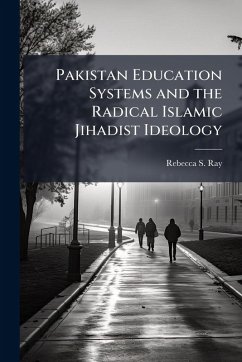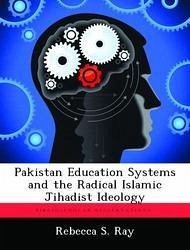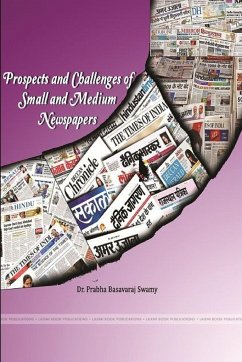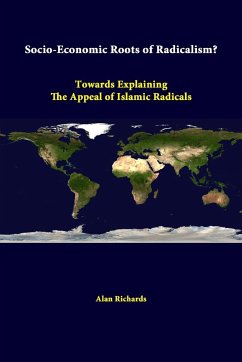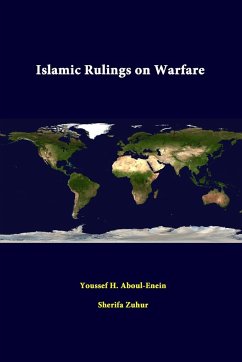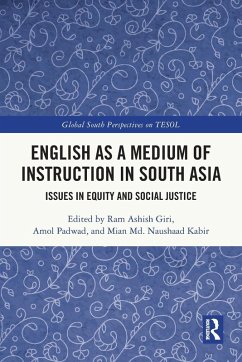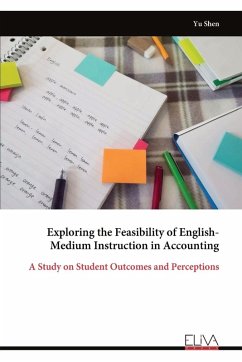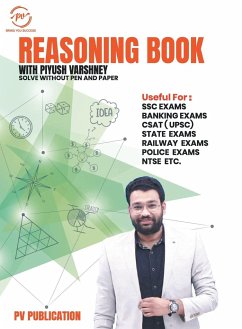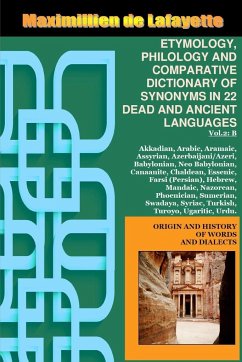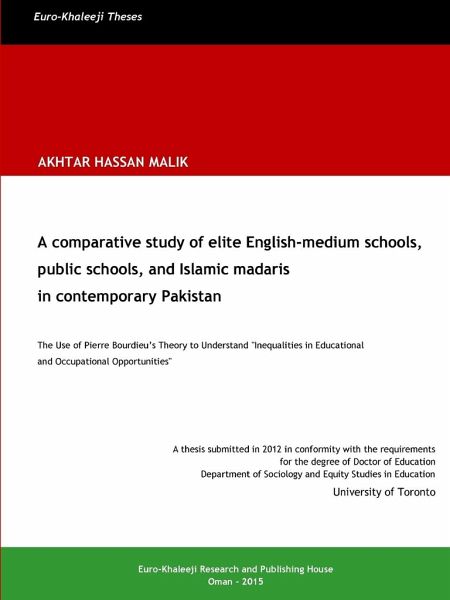
A comparative study of elite English-medium schools, public schools, and Islamic madaris in contemporary Pakistan
Versandkostenfrei!
Versandfertig in 1-2 Wochen
20,99 €
inkl. MwSt.

PAYBACK Punkte
10 °P sammeln!
This ethnographic study examines the role of differing school knowledge in reproducing various social classes in the society. It was observed that an unequal availability of capital resources, agents' class habitus, and the type of their "cultural currency" act as selection mechanisms that clearly favour some social groups over others. The ruling classes ensure the transfer of their power and privilege to their children by providing them with quality education in elite schools. The disadvantaged classes are excluded from these unique institutions by both social and economic sanctions. They hav...
This ethnographic study examines the role of differing school knowledge in reproducing various social classes in the society. It was observed that an unequal availability of capital resources, agents' class habitus, and the type of their "cultural currency" act as selection mechanisms that clearly favour some social groups over others. The ruling classes ensure the transfer of their power and privilege to their children by providing them with quality education in elite schools. The disadvantaged classes are excluded from these unique institutions by both social and economic sanctions. They have no other option than to educate their children either in public schools or Islamic madaris. As a result, inequitable educational opportunities consolidate the existing social-class hierarchy.



